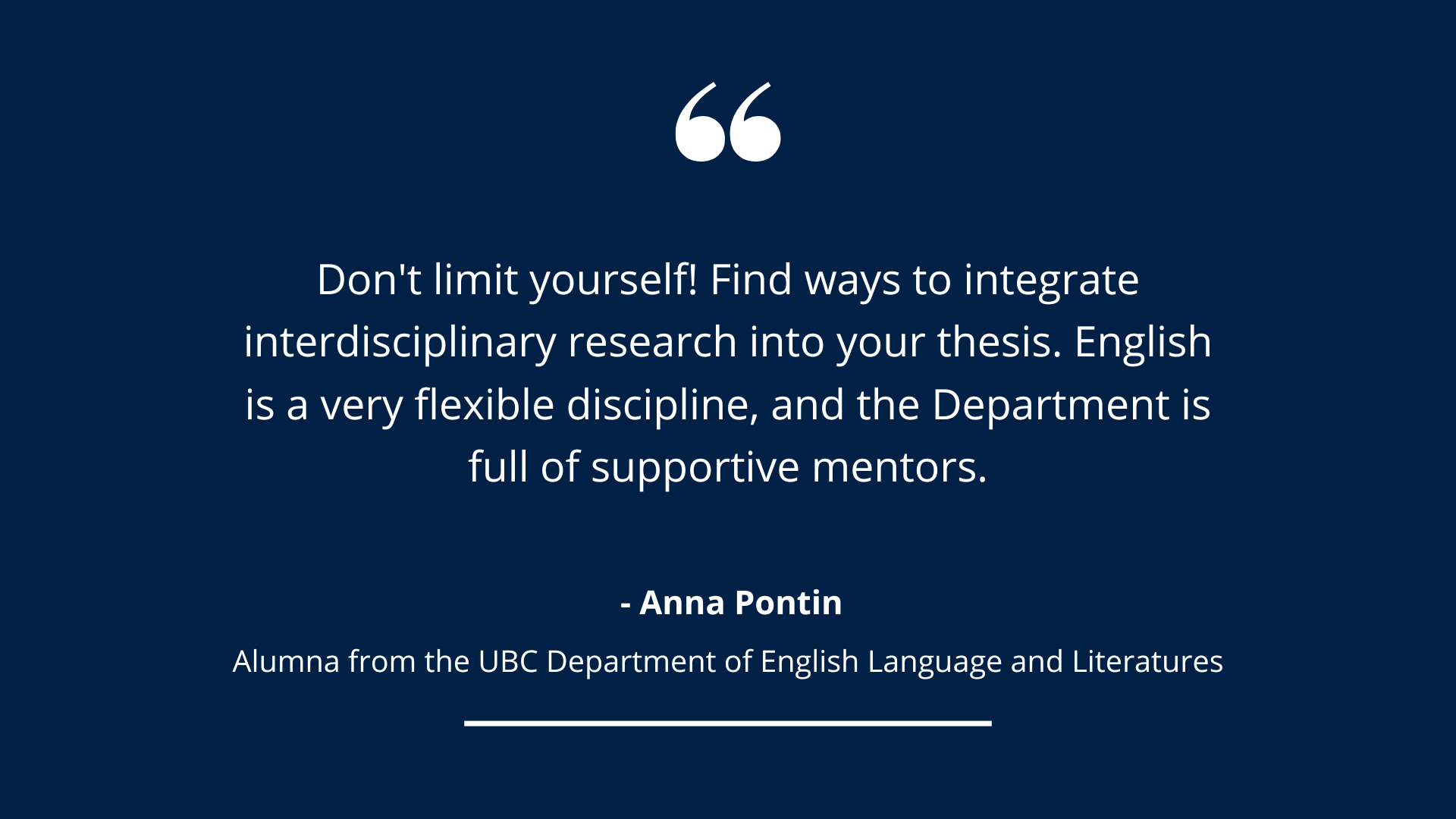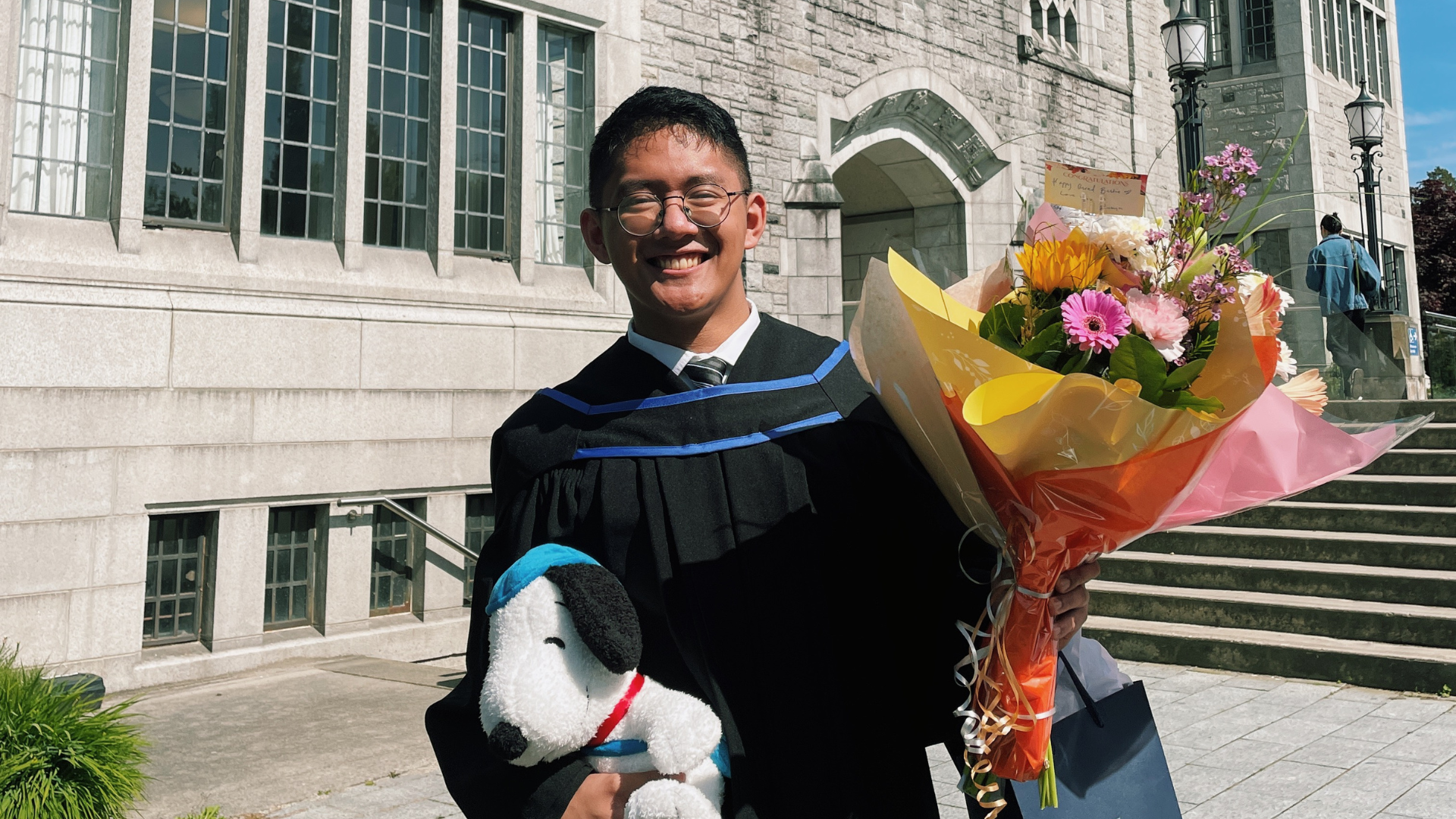

Whether it’s in the context of music, theatre, or social spaces, improvisation plays an important role in how we conceive of ideas and how we connect to one another in real time. For English Language and Literatures faculty Dr. Kevin McNeilly, there is always room to investigate the meaning and effect of improvisation in every performative instance.
Since 2007, Dr. McNeilly has been the UBC Site Coordinator for what would become the International Institute for Critical Studies in Improvisation (IICSII), an organization dedicated to creating positive social change through the confluence of improvisational arts, innovative scholarship, and collaborative action. In this interview, he shares with us the transformative potential of improvisation in local communities, in mediating exchanges of power, and in enriching the classroom.
Improvising a Community of Practice
Most of Kevin McNeilly’s work concerns contemporary literature, critical theory, and cultural studies. He is intrigued by the intersections between textual and musical practices, media aesthetics, and concepts and practices of listening.
Etymologically, the term improvise comes from the Latin word improvisus, meaning unforeseen, or unexpected. “The unforeseen is always in a kind of negotiation with what has been given,” explains McNeilly, “There’s a sense in which [the improviser is] constantly in dialogue with given structures of power.” To illustrate, he alludes to the written chord changes in jazz standards, and the ways in which musicians can choose to play within these confinements – or not.
“The improvisatory arts tend to open up structures of collaboration, of insubordination, of exploration, and of diversity that work in other modalities tends not to do,” McNeilly explains. “For me, improvisation is strategically and tactically significant in making space. But more than that, improvisation models and helps enable new kinds of community formations.”
The IICSII community partners McNeilly has worked with in the past few years include Coastal Jazz, Western Front, and the Carnegie Community Centre in the Vancouver Downtown Eastside. “One of the things we’re interested in is enabling improvised music. We hosted a music event two summers ago, where the idea was to give people space to start to create new community alliances. When you’re making co-creative improvisation with someone who you maybe don’t know, you find a way to play together. It’s a way for people to speak to each other.”
As part of its commitment to collaboration, IICSII also publishes Critical Studies in Improvisation / Études critiques en improvisation, a peer-reviewed academic journal for which McNeilly is a co-editor, one member of the editorial collective. The journal often invites contributions by non-academics, which leads to a leveling and democratizing of knowledge. “There’s a sense of academic rigor when it comes to peer-review, but the epistemology of gatekeeping, of deciding what counts and what doesn’t, also tends to kill vitality and creativity,” he says. “This journal is one of our efforts to turn things around. We publish work by musicians, theatre professionals, non-academic writers, and community members, as well as world-renowned scholars. We find ways to invite rigorous, engaging, and provocative writing that might otherwise not make it through.”
“In one way, research is opening up space for others. It’s often small things, little projects we try to support, but it’s trying to turn research on its head, by enabling different kinds of community formations to start to happen. Improvisation is a form of invitation. It’s fraught, but there are kinds of listening practices that are predicated on an opening up and an opening out.”
Speaking through Listening (When Speaking Becomes Listening)
In improvisational practices, listening is just as important as speaking. “There are ways to listen that are not appropriative or ableist, but instead open up space and ask one to attend to difference and to plurality. Maybe not playing but listening to what others are doing is your role in an ensemble. But it’s the sense of trying to open oneself up to difference rather than trying definitively to identify it or even to wholly understand it.”
Throughout years of experience, McNeilly has been able to connect his reflections on improvisation with his own classroom practices. “One of my interests is to think through improvised pedagogy, how it is to think on the spot, and how the vitality and energy in improvisation can translate into the classroom to enable students to think critically about text and media.”
“For me, the way speaking becomes listening involves how it connects to poetics and to literary studies,” he says. “Improvisation is not just something exclusive to musicians. For example, it is involved in writing, in theatrical performance, and in speech performance. Some of the things I write about are at the edge of a certain performative musicality and of language production and poetry.”
“Improvisation is a flipping around of what constitutes knowledge. It’s not something you own or gain. Rather, the opening up is the knowledge, as a kind of creative unknowing. The plurality is what’s valuable.”


